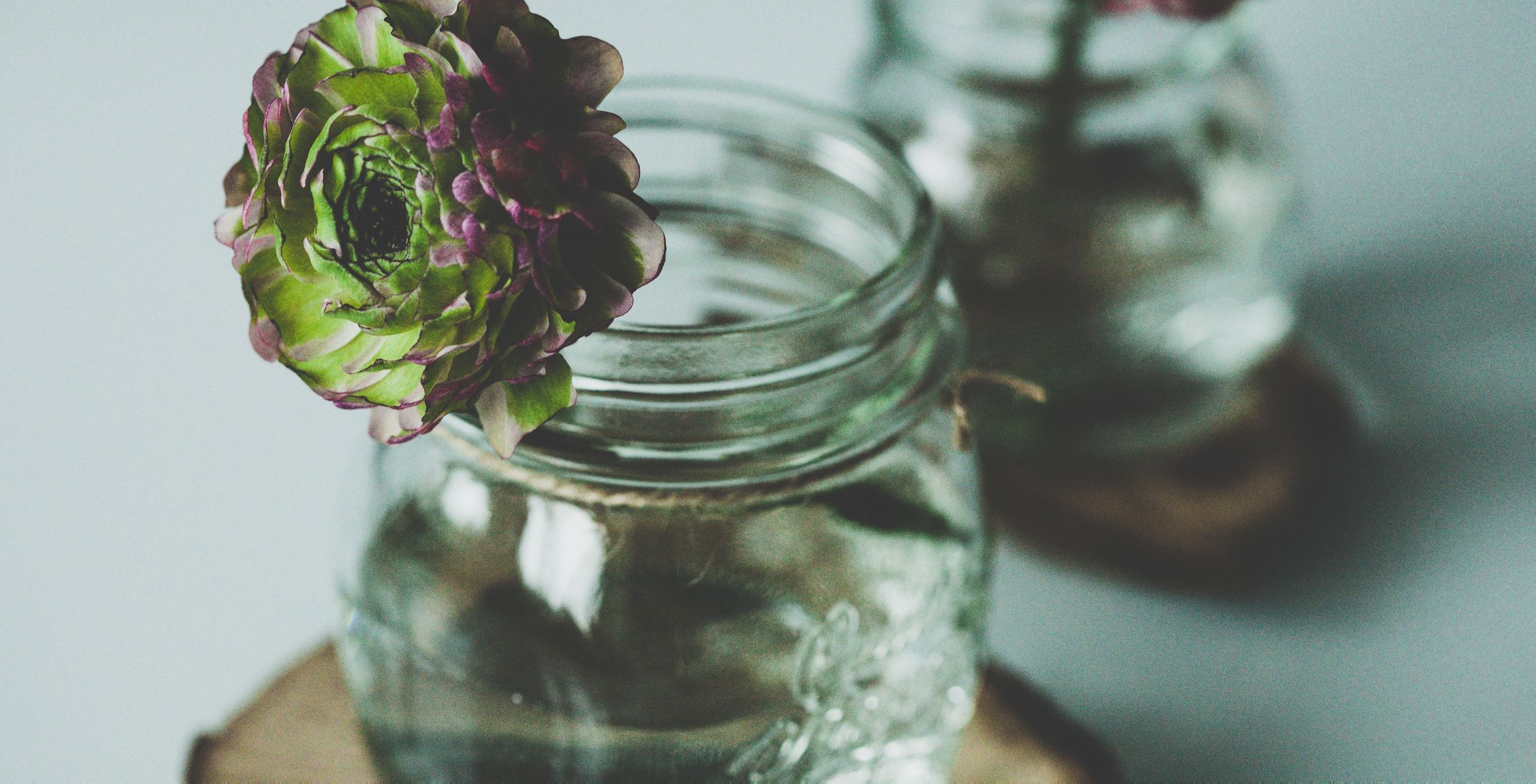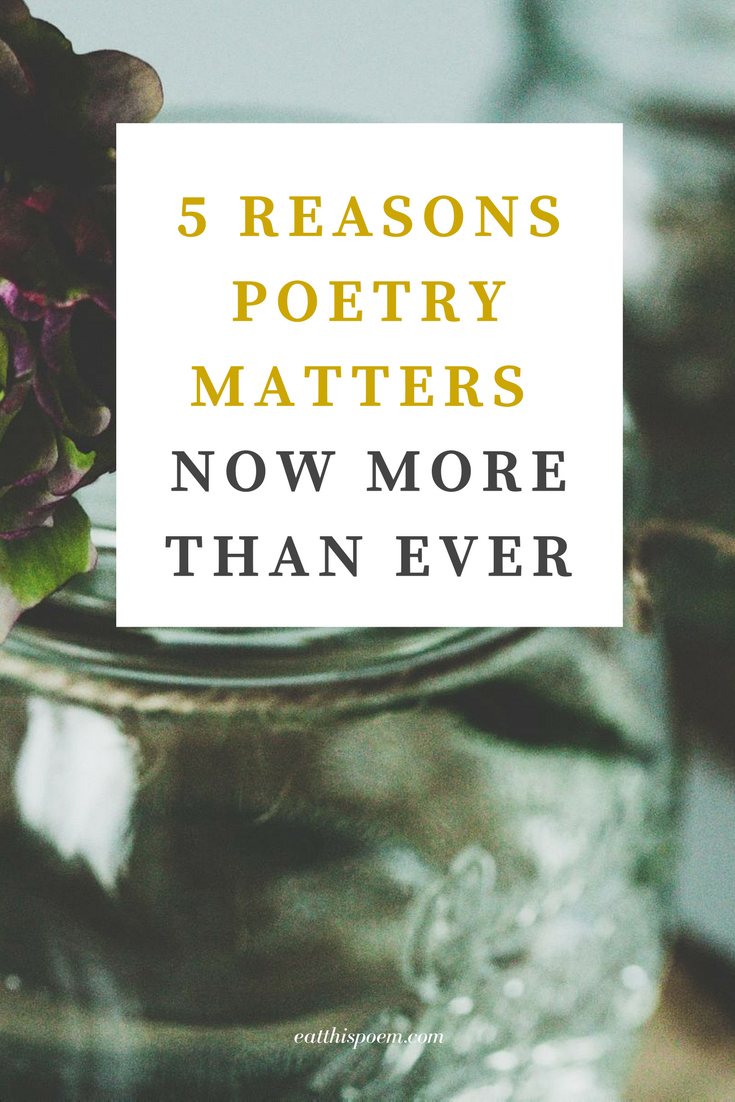Photo by Peter McEwen
In elementary school, I always cringed whenever I was assigned a group project. I was the kid who believed she could do the report/presentation/research better, faster, and more successfully than any of my classmates.
I wanted to work alone.
This remained my guiding philosophy for years until, slowly but surely, I started embracing the benefits of creative collaboration.
I can probably thank adulthood for this. As kids and as students—even with part-time or summer jobs—life is decidedly more simple, and time more abundant. As I’ve honed in on what I’m good at (writing, mostly), and what I’m not (photography, website design, etc.) I’ve enjoyed the benefits that come from doing my thing, and letting others do theirs.
My first clue was in high school, when I edited the literary magazine with a friend under the supervision of our creative writing teacher. For months we read submissions and put them in just the right order, then we worked on the layout, and finally, our teacher took the pages to Kinko’s and had the issue printed and saddle stapled. We were so proud! We made this!
PEEK INSIDE THE COOKBOOK! SIGN UP BELOW, AND I'll send you an exclusive excerpt.
By the time I started writing for Life & Thyme magazine, I knew what I was good at. I remember spending one morning sitting inside Providence restaurant, across the table from Michael Cimarusti, a chef with two Michelin stars to his name, talking about fishing and sourcing ingredients.
I asked questions while a photographer roamed the restaurant, then I walked back to my car feeling so… light. So happy. It was a warm day in February, and I had the windows rolled down and was looking at the bright blue sky feeling like I was doing exactly what I was supposed to be doing.
The best part was after finishing the story and sending it off, photographers, editors, and designers went to work creating the issue. All I had to do was contribute my part.
The 11-year-old me never saw it coming.
Photo by Peter McEwen
And now, there is a book. A cookbook. The one I’ve been telling you about for the past year.
The more time I’ve spent on the other side of writing, and focusing more on marketing and promotion these past few months, the more I’ve realized just how amazing it is to publish a book at all. But not for the reasons you might think.
A book is a collaboration.
There are artists, designers, editors, agents, publishers, publicists, librarians, bookstores. Without all these people and their talents and shared visions, the book would still be a word document on my computer. In 12 point Times New Roman font.
It wouldn’t be able to do what all books are meant to do.
Whether it’s to teach, encourage, instruct, or inspire, books are beginnings.
Books are an invitation, the start of a relationship. They are meant to live in your homes and form to the rhythms of your life. They last.
There are lots of ways to describe Eat This Poem, and it’s always a copywriting challenge to choose just the right words to print to the back of a book or copy and paste to an Amazon profile.
The book is, in fact, about food and poetry, and the intersection of these two mediums. It's also about bringing more meaning to our meals.
But it's also about this.
Eat This Poem is a call for more stillness.
Reading a poem and cooking a meal are, quite simply, acts of self-care.
This is especially true on days that are full, sometimes rushed, and peppered with to-do lists.
So let's be quiet, just for a moment.
Let's read, let's stir, and let's see how our hearts feel afterwards.
We have three opportunities each day to pause, savor, eat.
Poetry forces us to slow down. Food does too, when we let it.
The combination of the two is, I hope, is permission to take a few minutes out of your day and truly enjoy your meal, the spiritual nourishment of poetry, and the physical fullness of the recipes paired with it.
As always, thanks for reading. Thanks for for letting me onto your screens, and now your bookshelves.






